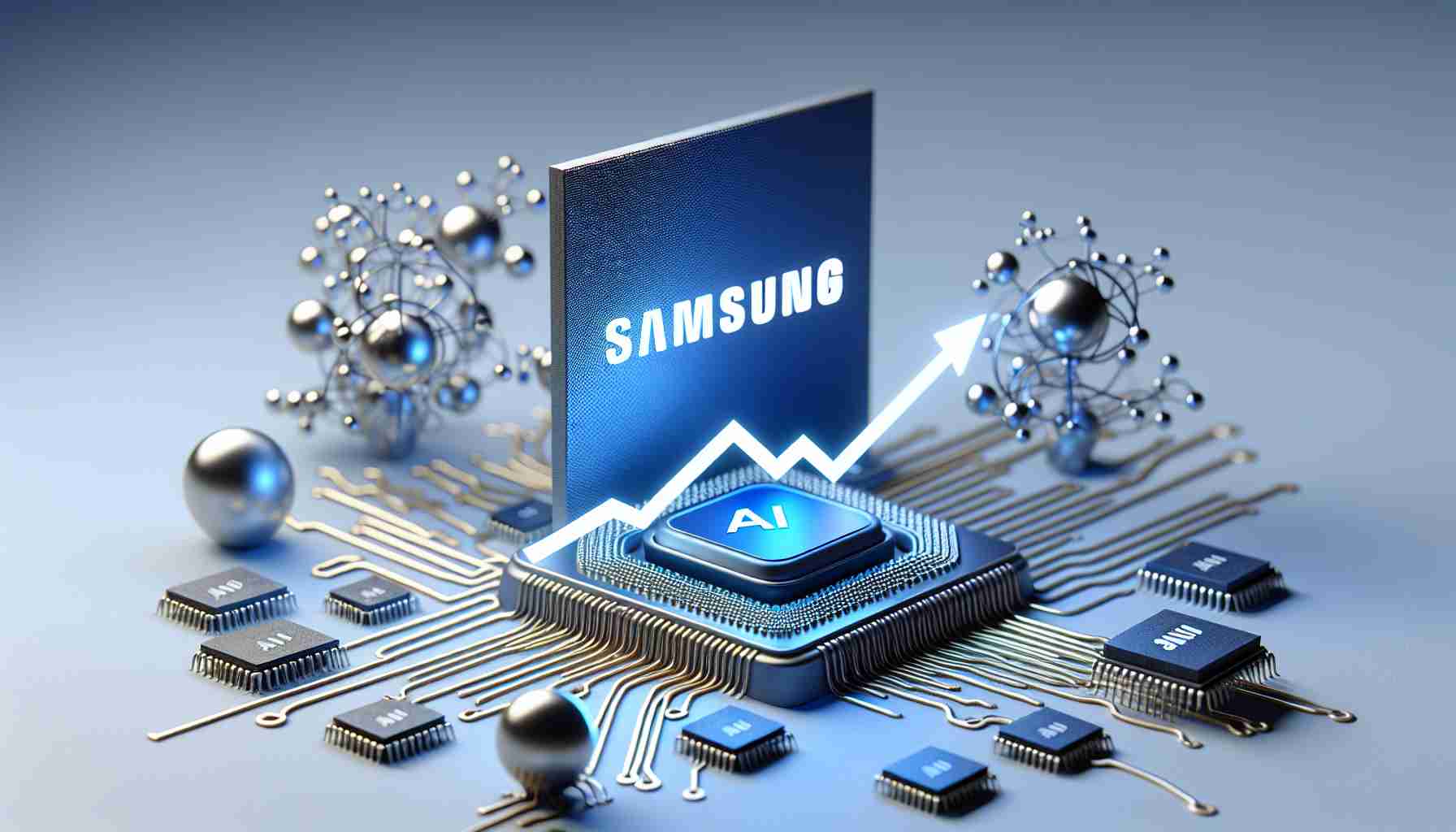Samsung Electronics announces significant profit rise in Q1 as the company navigates a rebound in the demand for semiconductor chips, attributed to the surge in artificial intelligence applications. For the quarter ending March, Samsung’s operating profit has surged to 6.6 trillion won (approximately $4.8 billion), representing a tenfold increase from the previous year’s comparable period when it was 640 billion won ($465 million).
Memory chips and premium smartphones drive revenue upsurge with a nearly 13% increase in revenue totaling 71.9 trillion won ($52 billion). This is mainly due to a spike in memory chip prices and the successful launch of Samsung’s premium Galaxy S24 handset series.
Semiconductor division celebrates return to profitability, with an earning of 1.91 trillion won ($1.38 billion) in operating profit. This marks a significant turnaround as the semiconductor sector had not reported profits since the last quarter of 2022. The market recovery from a downturn worsened by the pandemic and trade frictions shows the resilience of the tech industry.
Predictions for chip demand remain robust, especially with generative AI technology fostering the need for high-performance chips. Samsung anticipates a persistent strong market, buoyed by ongoing AI demands, even amid the uncertainty of global economic and geopolitical climates.
Galaxy S24 sales will continue to be a primary focus for Samsung’s smartphone segment. The company is committed to maximizing the reach of its flagship smartphone, integral for its novel AI capabilities such as the live AI-powered translation feature that supports multiple languages and dialects.
AI integration as a strategic move in electronics: Samsung’s investment in AI technology enhances its competitive edge in the semiconductor market, where AI applications are driving demand for more advanced chips. Given the increasing utilization of AI across various sectors such as healthcare, finance, and automotive, this move positions Samsung favorably in a market with growing potential.
Challenges in the semiconductor industry: The semiconductor industry faces ongoing challenges, including supply chain disruptions, geopolitical tensions, and cyclicality in demand. Furthermore, the industry’s high R&D costs and the need for continual technological advancements create a continuous pressure to innovate.
Importance of the semiconductor industry to the global economy: Semiconductors are integral to the modern digital economy, powering everything from smartphones to data centers. With the proliferation of IoT, 5G, and now AI, the importance of this industry cannot be overstated, as semiconductor chips are the foundational components that drive these technologies.
Advantages of Samsung’s position:
– The surge in profits and revenue indicates successful adaptation to market demands.
– Diversification into AI-driven chip production anticipates future trends in technology.
– Premium smartphone offerings, like the Galaxy S24 series, help capture high-end market segments and increase brand prestige.
Disadvantages of market dependence:
– Reliance on volatile markets like semiconductors can lead to unpredictable financial performance.
– Geopolitical issues, such as trade disputes between major economies, can have a direct impact on Samsung’s operations and sales.
– Competition from other tech giants also focusing on AI and high-performance chips keeps the market landscape intensely competitive.
For further exploration of Samsung’s development in electronics and their presence in the global market, you can visit their main website at Samsung. Please note that this link takes you to the main Samsung Electronics domain, which is the most relevant to the article.
The source of the article is from the blog mivalle.net.ar
